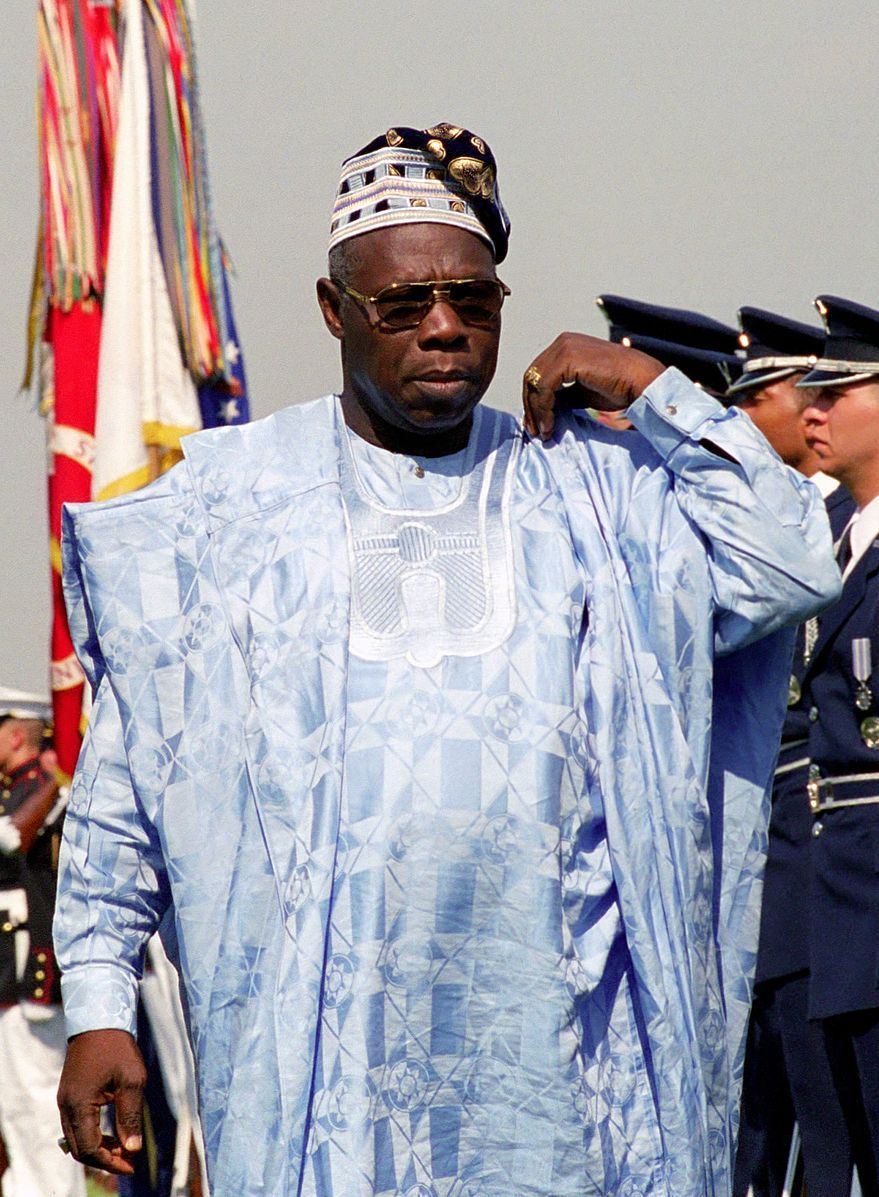Shehu Shagari: Leading Nigeria's Second Republic

Shehu Shagari's presidency marked Nigeria's entry into its Second Republic, following a transition from military to civilian rule in 1979. As Nigeria's sixth president, Shagari prioritized economic development, agricultural reforms, and international cooperation. This article explores Shagari's life, his political journey, and the key initiatives he undertook during his presidency. From his efforts to strengthen democracy to his focus on rural development, Shagari's leadership left a lasting impact on Nigeria's socioeconomic landscape during a crucial phase of the country's political evolution.
Early Life and Political Beginnings: Born on February 25, 1925, in Sokoto, Nigeria, Shehu Shagari hailed from a prominent Fulani family. His involvement in politics began in the 1950s, when he served as a teacher, local government official, and member of the Nigerian House of Representatives. Shagari's dedication to public service and his commitment to democratic ideals positioned him as a rising figure within Nigerian politics.
Presidential Ascendancy and Agricultural Reforms: Shagari's political career reached its peak when he won the presidential election in 1979, marking the start of Nigeria's Second Republic. As president, Shagari sought to address the socio-economic challenges facing the nation. He implemented agricultural reforms, with a focus on promoting food self-sufficiency and rural development. The Green Revolution program, introduced under Shagari's administration, aimed to boost agricultural productivity through increased investment, mechanization, and research and development.
Shagari's commitment to rural development extended beyond agriculture. His administration initiated various infrastructure projects to improve transportation networks, and access to clean water, and electricity in rural areas. These efforts aimed to reduce poverty, stimulate economic growth, and bridge the urban-rural divide.
Economic Challenges and Structural Adjustment: Despite his commitment to economic development, Shagari's presidency faced significant economic challenges. The global oil crisis of the late 1970s, coupled with mismanagement and corruption, led to a decline in Nigeria's economy. In response, Shagari's administration sought assistance from the International Monetary Fund (IMF) and implemented a series of economic reforms known as the Structural Adjustment Program (SAP).
The SAP aimed to address macroeconomic imbalances, reduce government spending, promote export-led growth, and diversify the economy. However, the program's implementation had mixed results, with some arguing that it disproportionately impacted the most vulnerable segments of society. Despite the challenges, Shagari's administration made strides in stabilizing the economy and initiating measures for long-term economic growth.
Challenges, Overthrow, and Legacy: Shagari's presidency faced significant political and economic challenges. His administration grappled with allegations of corruption, inefficiencies in governance, and social unrest. Economic hardships and public discontent culminated in a military coup on December 31, 1983, which led to the end of the Second Republic and Shagari's removal from power.
Despite the abrupt end to his presidency, Shehu Shagari's legacy remains significant. He played a crucial role in nurturing democracy during Nigeria's Second Republic, which set the stage for subsequent transitions and the consolidation of democratic practices in the country. Shagari's commitment to agricultural reforms and rural development laid the groundwork for subsequent initiatives aimed at improving livelihoods and reducing poverty in Nigeria's rural communities.
Shehu Shagari's presidency marked a critical chapter in Nigeria's political history, characterized by the country's entry into its Second Republic and efforts to address socio-economic challenges. His focus on agricultural reforms, rural development, and economic stabilization left a lasting impact on Nigeria's socioeconomic landscape. Despite the challenges faced during his presidency, Shagari's commitment to democracy and economic development contributed to the country's political evolution. His legacy serves as a reminder of the complex nature of governance and the importance of sustained efforts to achieve sustainable development and inclusive growth.


